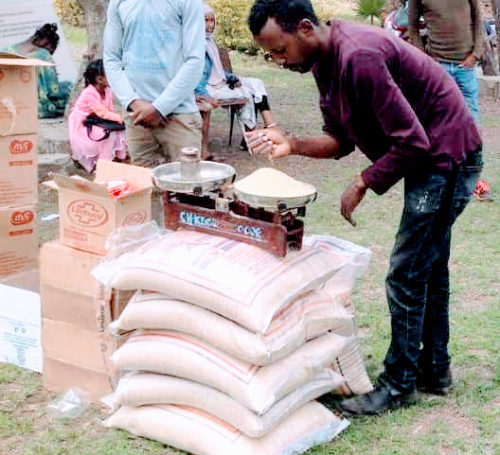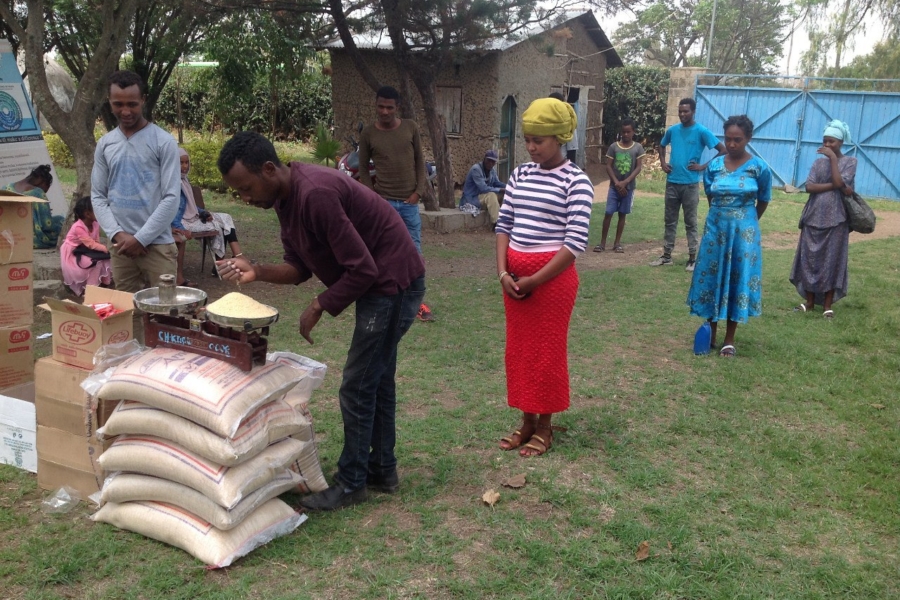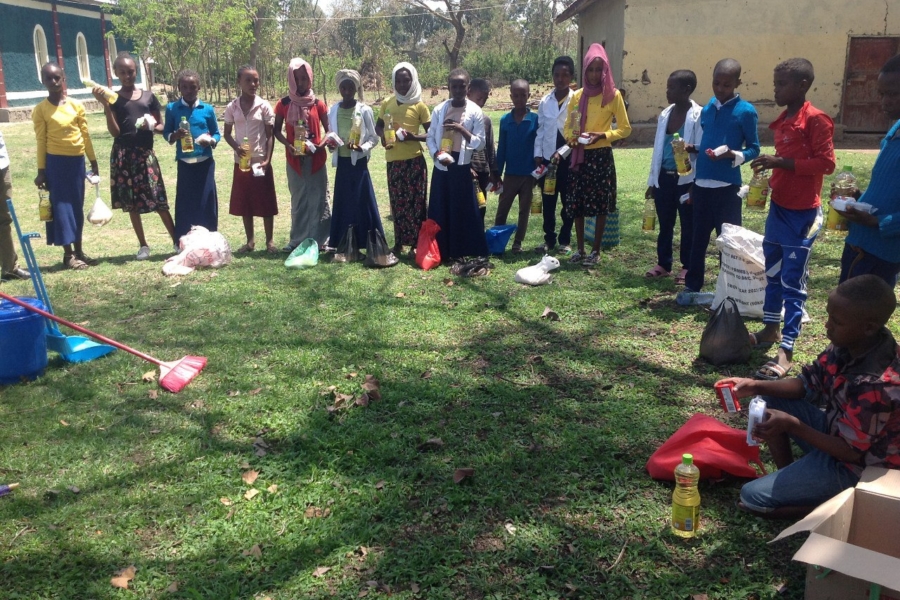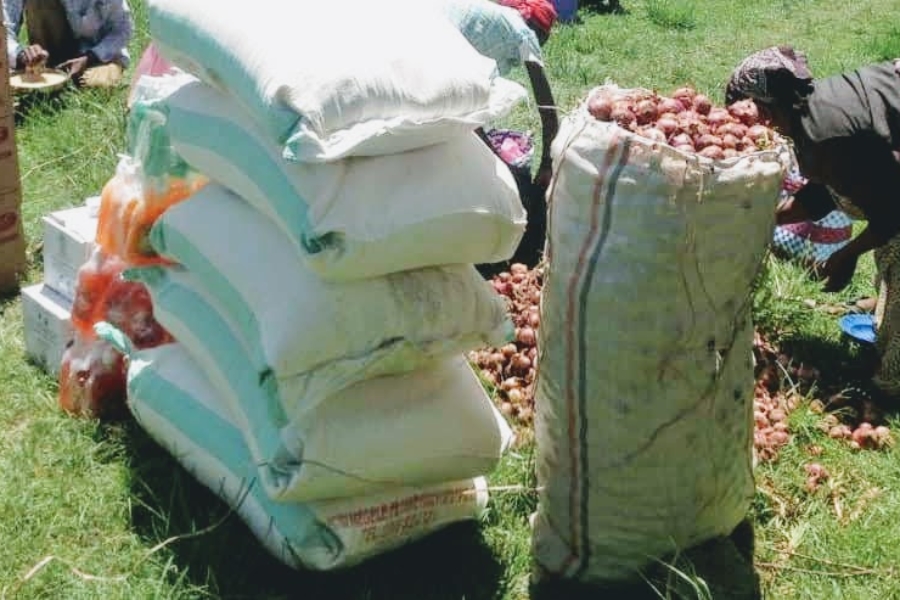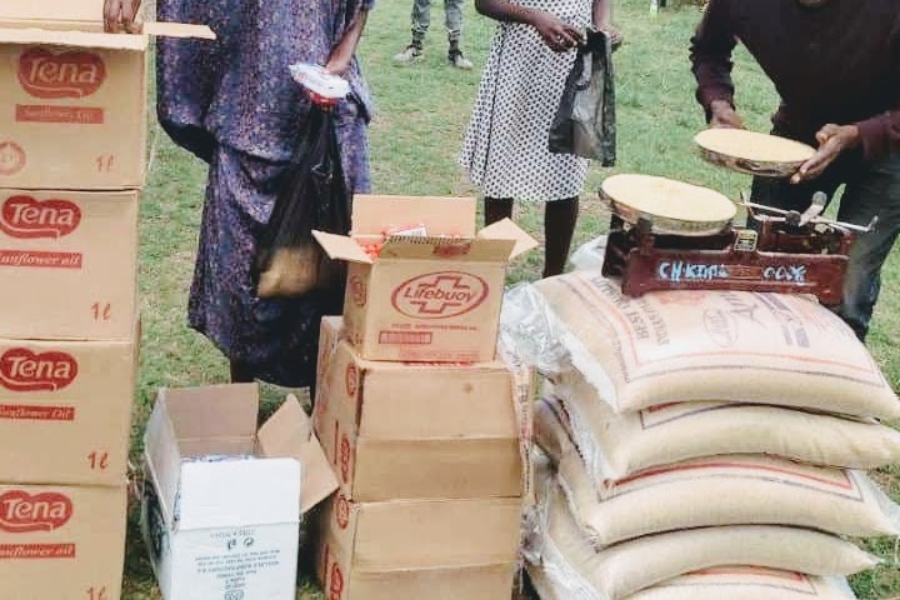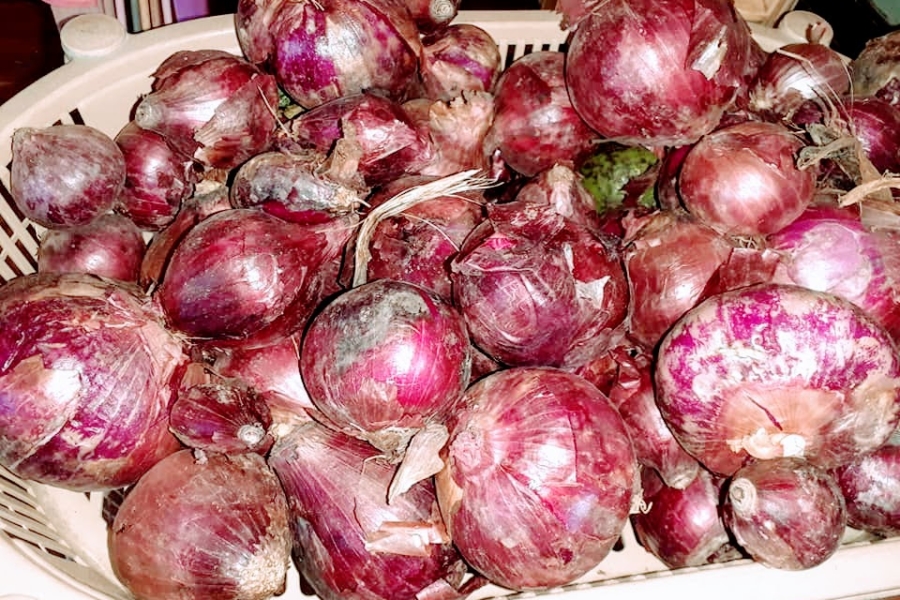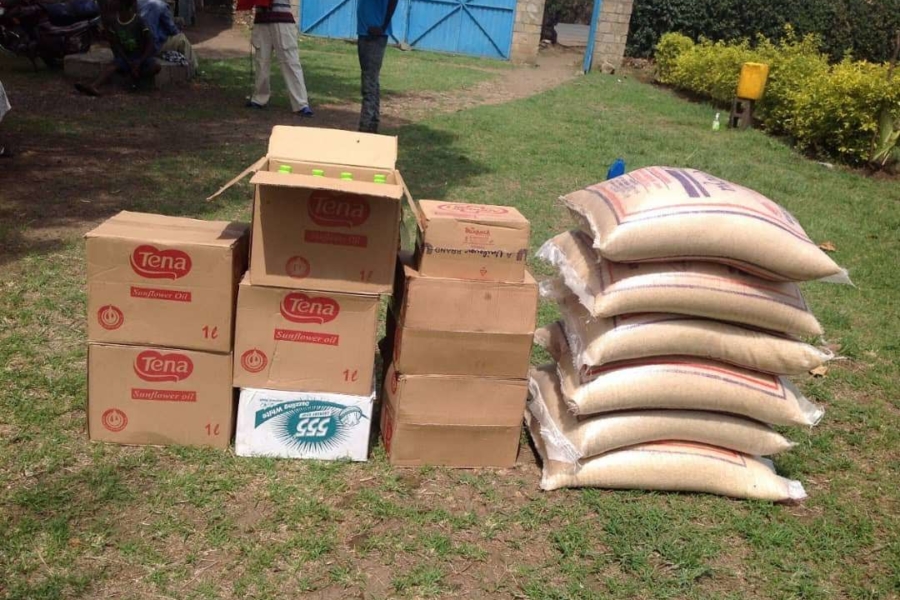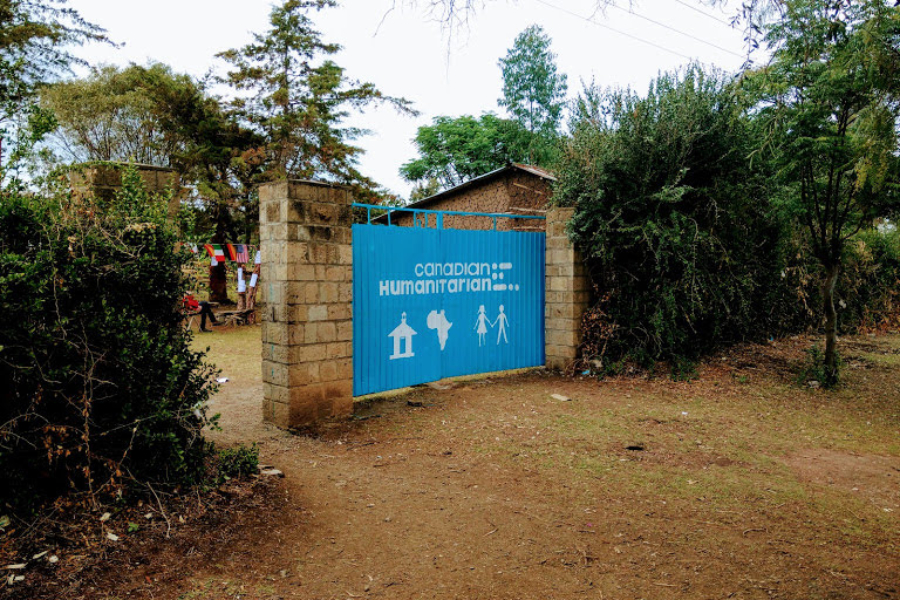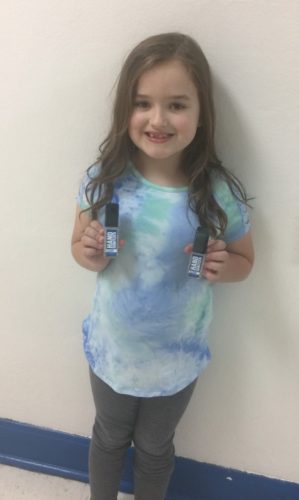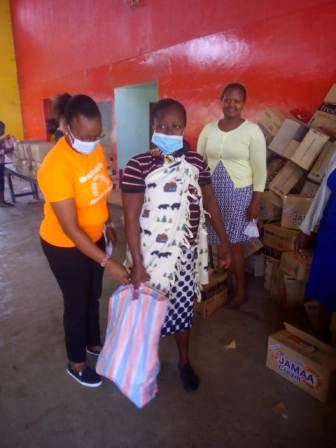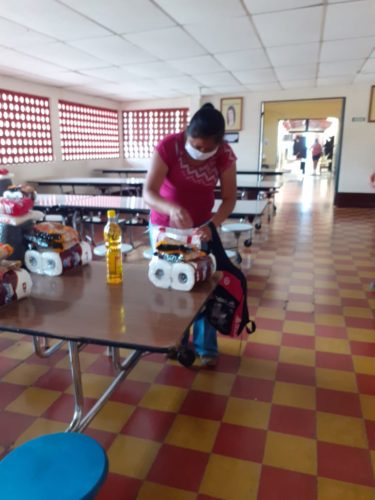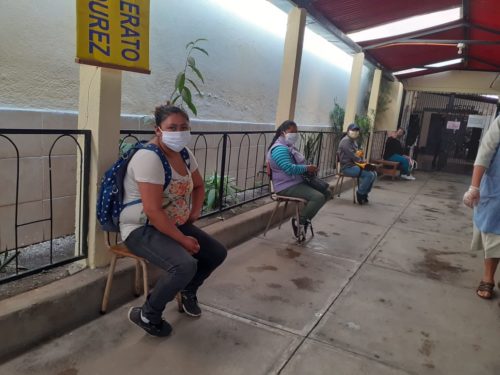It is always nice to hear from our volunteer coordinators about the impact that our sponsors have on children in our program as they are the ones that see first-hand the power of sponsorship.
“Without your help, I would not be able to help the students and their families in this program.”
We recently received a letter from a new coordinator, Anita, from Johns Creek Elementary School about her first year working to support children in our program:
“First of all, I would like to thank Children Incorporated for sponsoring children in my school. Without your help, I would not be able to [serve] the students on the limited budget I receive from my school district.
I am a new coordinator with the Family Resource Center and Children Incorporated. The former coordinator, Mr. Smith, retired February 1st, and I began on February 12th. I am new to the Family Resource Center, but not new to our school or the children and families, as I have served as the school secretary for the past twenty years.
In the last few months, I have introduced several new resources for our students and their families. I created a school supply cart, and each morning I would take it to the front lobby of the school. As the students would come into the building, they could get any school supplies from the cart that they might need. I also created a clothing closet, a hygiene closet, and a food pantry. At any time during the day, the students can come to my office to get items privately.
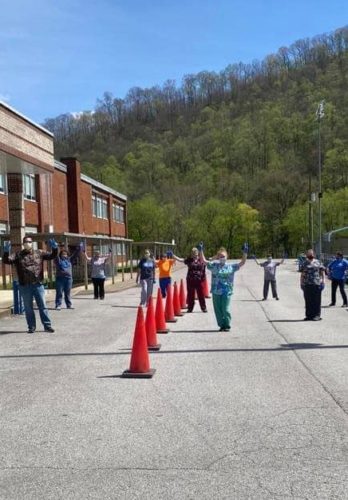
Staff outside of Johns Creek Elementary School ready to provide students with items to take home during the COVID-19 outbreak (photo courtesy of Facebook)
I have also started a birthday recognition program for our students. I send a card and a sweet treat to each student on their birthday. For the students sponsored by Children Incorporated, I purchase something off the child’s wish list and provide a birthday cake for the child to enjoy with their family.
After a couple of weeks of being hired as Family Resource Coordinator, I received word that some of our families of unsponsored children didn’t have the resources to provide the child a birthday cake, so I began purchasing them a cake. As word got out about the birthday cakes, I now have school staff and parents who make or purchase the cakes for all the children. I will deliver the cake to their home on their birthday or on the day the family is having a party.
The past couple of months have been difficult for our students, but they have stayed strong. They haven’t been able to attend school since March 12th. Beginning March 13th through May 15th our students participated in non-traditional days. If the student had access to the internet, they participated in online learning with their teachers and classmates. Several of our students had internet but didn’t have a reliable computer to do the work on, so we provided them a Chromebook from the school. For students who didn’t have internet, we delivered paper packets of their work and videos of the online sessions to their homes.
During this time, we have been blessed to be able to provide weekly delivery routes using our buses to deliver food and supplies to our students. We also have had Grab N’ Go Meal pickups on Thursdays at our school. We have been able to provide children 18 and under with seven breakfasts and seven lunches free of charge during this time through our School Food Service.
During this time, we have been blessed to be able to provide weekly delivery routes using our buses to deliver food and supplies to our students.
Each week, they receive a breakfast and a lunch bag. The breakfast bag usually consists of two cereal boxes, two Pop-Tarts, two chicken biscuits, a sausage biscuit, seven assorted fruits and seven assorted juices. The lunch bag usually consisted of a hamburger, a hot dog, a ham sub, a turkey sub, a chicken sandwich, a corn dog, pizza, chips, French fries, assorted veggies, assorted fruits and a gallon of milk.
With help from Children Incorporated, we have been able to provide a snack bag each week to every sponsored child in addition to the meals. The snack bags contain packs of oatmeal, boxes of cereal, beef sticks, fruit snacks, packs of macaroni and cheese, cans of soup, cans of spaghetti, sports drinks, drink mixes, and water. We also have a tote sitting outside the front entrance to our building providing food bags for any family who may need extra food.
Our last day of school for the year was Friday, May 15th and the last day we were able to use our buses for deliveries. Our School Food Service is still able to offer the same seven breakfast and lunches to any child under 18 through Grab N’ Go Meals on Thursdays from 9:30-2:00 at our school during the summer. Our school staff has stepped up and is helping me deliver meals and snack bags to any student whose family can’t come and get the meals on Thursday, and for that I am grateful!
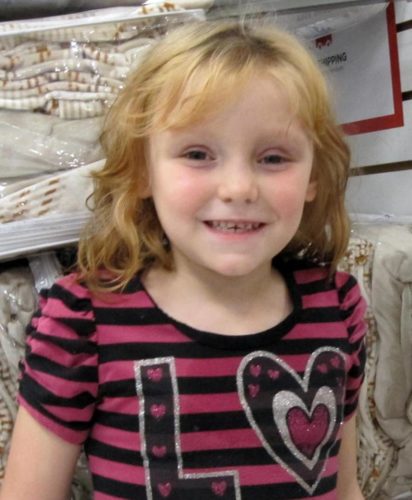
Anita is incredibly grateful for the support of our sponsors.
To celebrate summer, I prepared each sponsored child a summer fun bag, a basket of cleaning & hygiene supplies, and a food basket and delivered those to the homes the last week of school. For the beginning of school in the fall, I have ordered each child a backpack, lunch/snack box, school supplies, school T-shirts and shoes. Without the help from your sponsors and donors, I would not be able to provide for the students and their families.”
About Johns Creek Elementary School
Nestled in the picturesque Appalachian Mountains and steeped in a rich cultural heritage, Pike County once thrived due to its coal and lumber industries. Then, in 1994, the Eastern Division of Pittston Coal Company closed its mines. Unfortunately, the mountain passes and rugged terrain have effectively blocked other types of industry from settling in this part of Kentucky. Thus, few industries and employment options remain in the area. As a result, unrelenting poverty and unemployment have taken their toll. Moreover, their debilitating effects do not only impact adults. Hunger and cold nights in bed are no strangers to many of the children of this area, as their parents struggle to make ends meet.
For this reason, Johns Creek Elementary School — the largest P-8 educational facility in the county — serves as a beacon of hope, allowing students to learn, discover and grow in a warm and caring environment that is geared towards education — the key to breaking the cycle of poverty.
***
HOW DO I SPONSOR A CHILD IN KENTUCKY?
You can sponsor a child in Kentucky in one of two ways: call our office at 1-800-538-5381 and speak with one of our staff members, or email us at sponsorship@children-inc.org.

